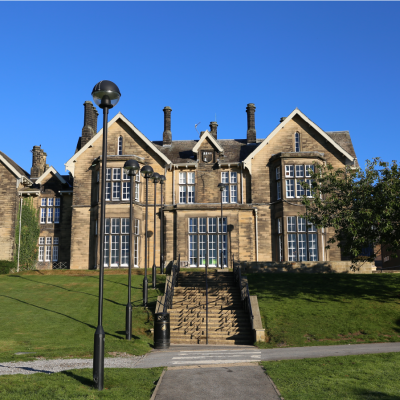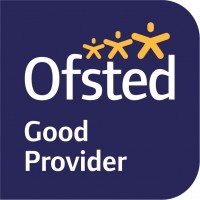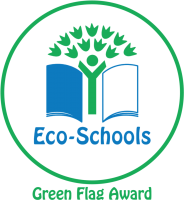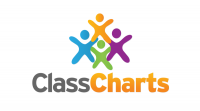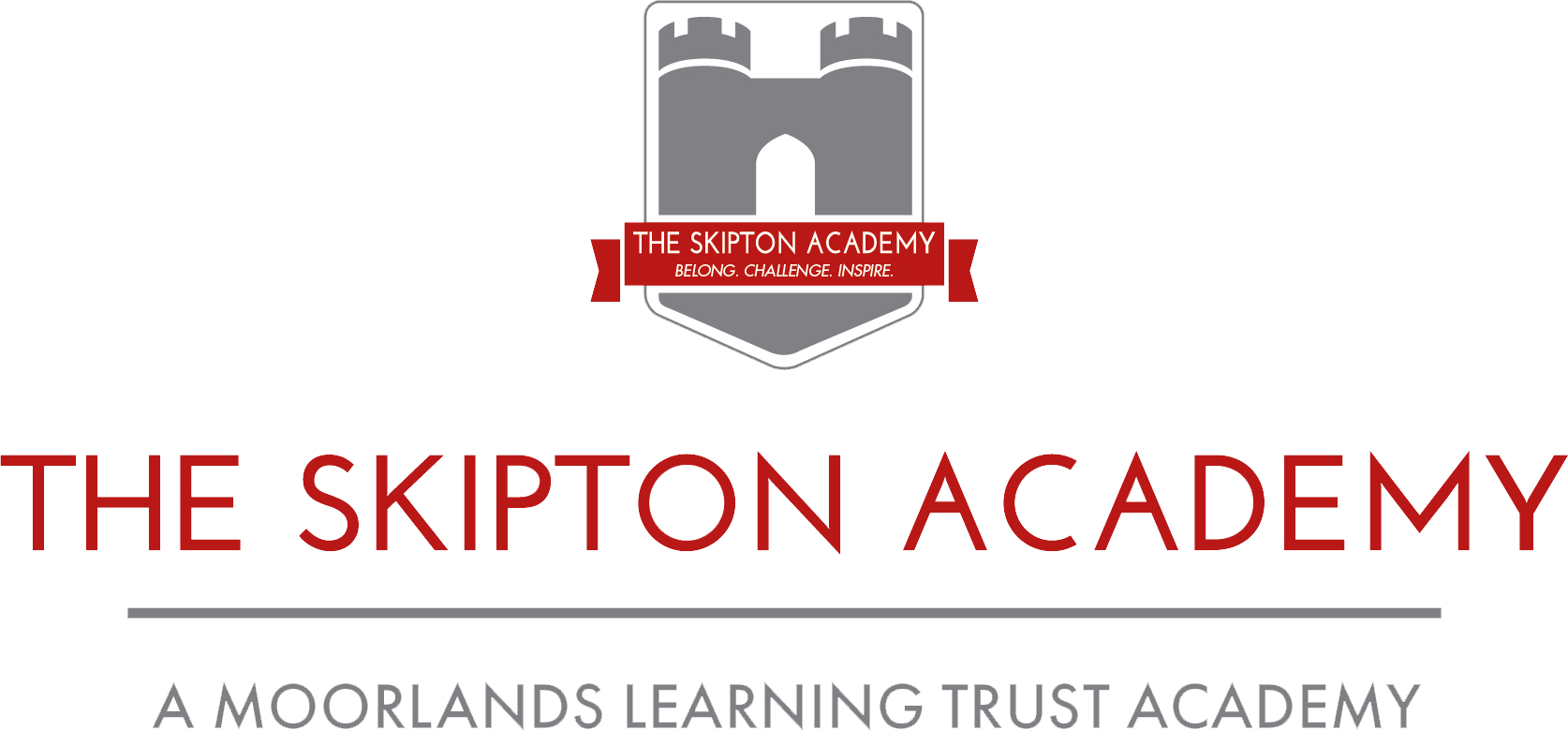You are here: Home > Our School > Academy Development Plan
- Overview
- Our Ethos
- Academy Development Plan
- Admission
- Advisory Board
- Attainment and progress
- British Values
- Calendar and School day
- Catering and Meals
- Data Protection
- Equality & Diversity
- Events
- Exam Results
- Moorlands Learning Trust
- National Tutoring Programme
- Ofsted
- Our Staff
- Staff Access Area
- Policies
- Pupil Premium
- SEND
- School Videos
- Summer School
- Y6 into Y7 Transition
TSA Development Plan 2021-24
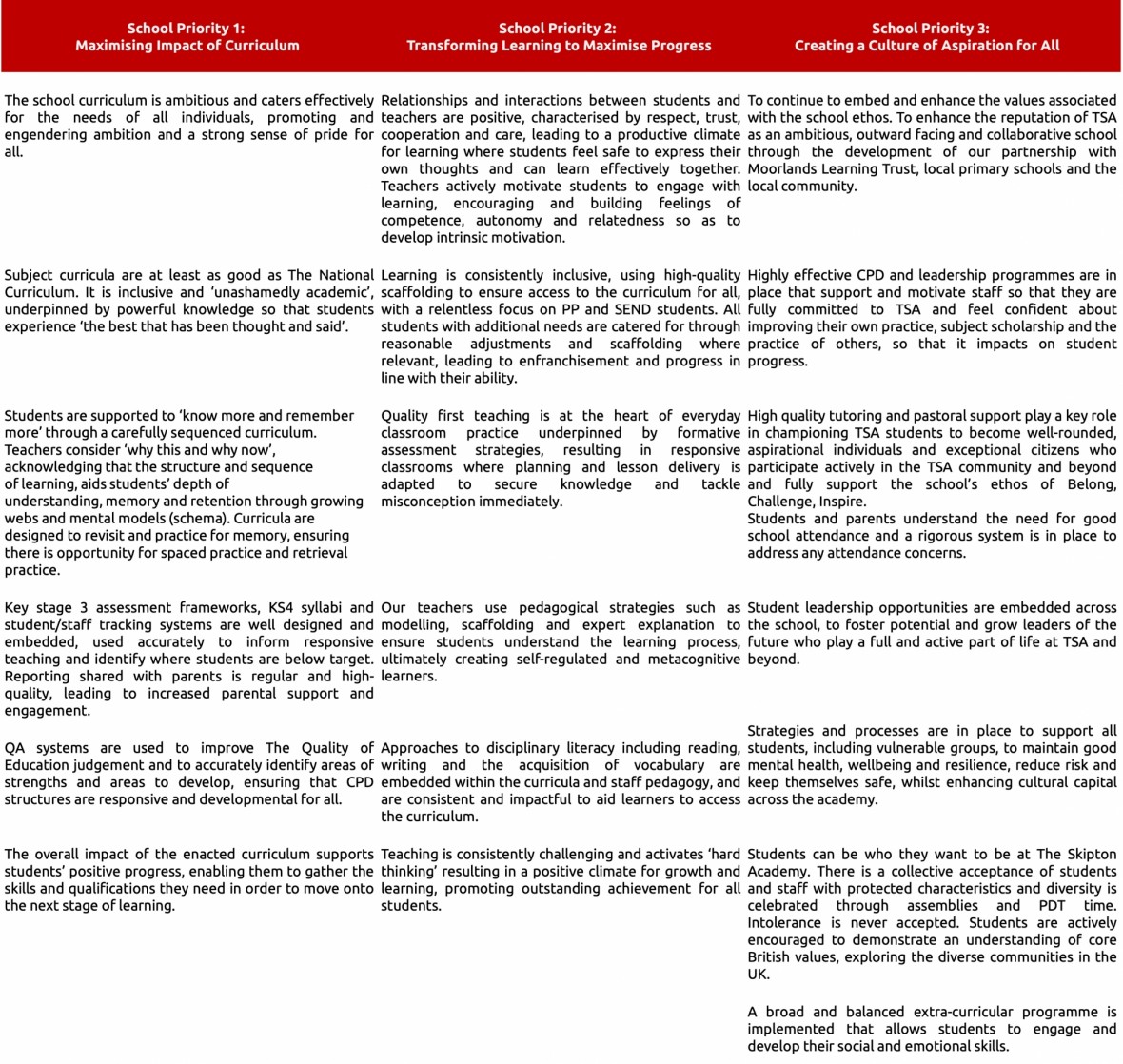
- Overview
- Our Ethos
- Academy Development Plan
- Admission
- Advisory Board
- Attainment and progress
- British Values
- Calendar and School day
- Catering and Meals
- Data Protection
- Equality & Diversity
- Events
- Exam Results
- Moorlands Learning Trust
- National Tutoring Programme
- Ofsted
- Our Staff
- Staff Access Area
- Policies
- Pupil Premium
- SEND
- School Videos
- Summer School
- Y6 into Y7 Transition
